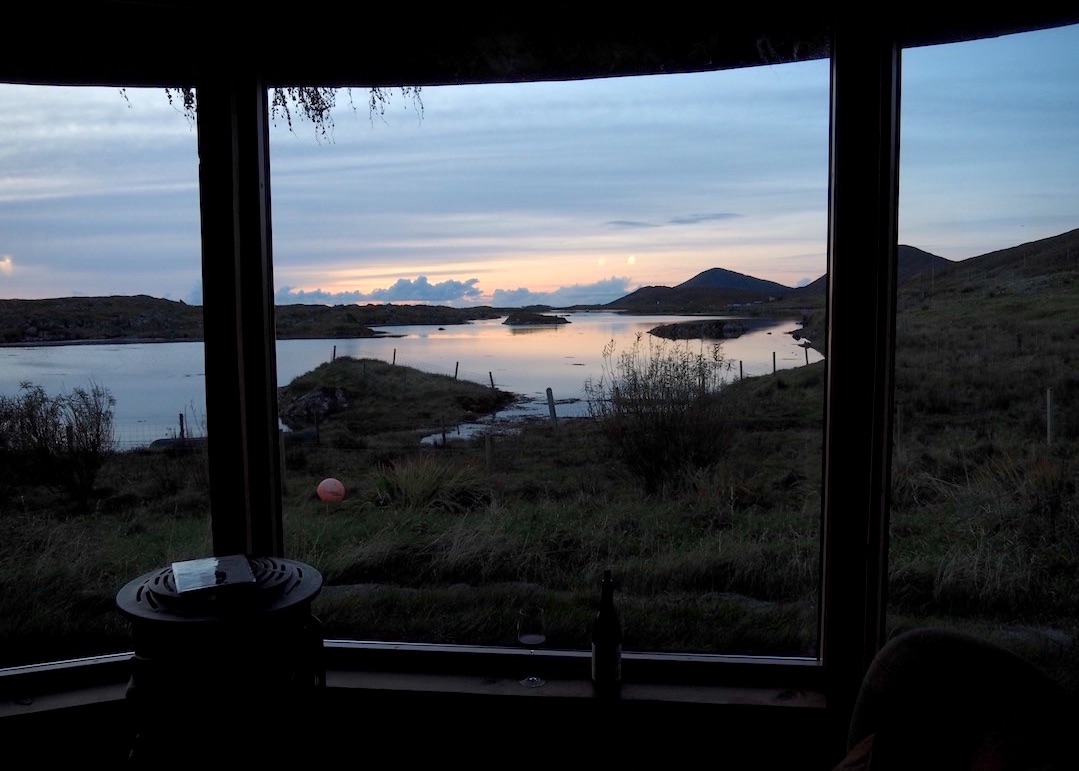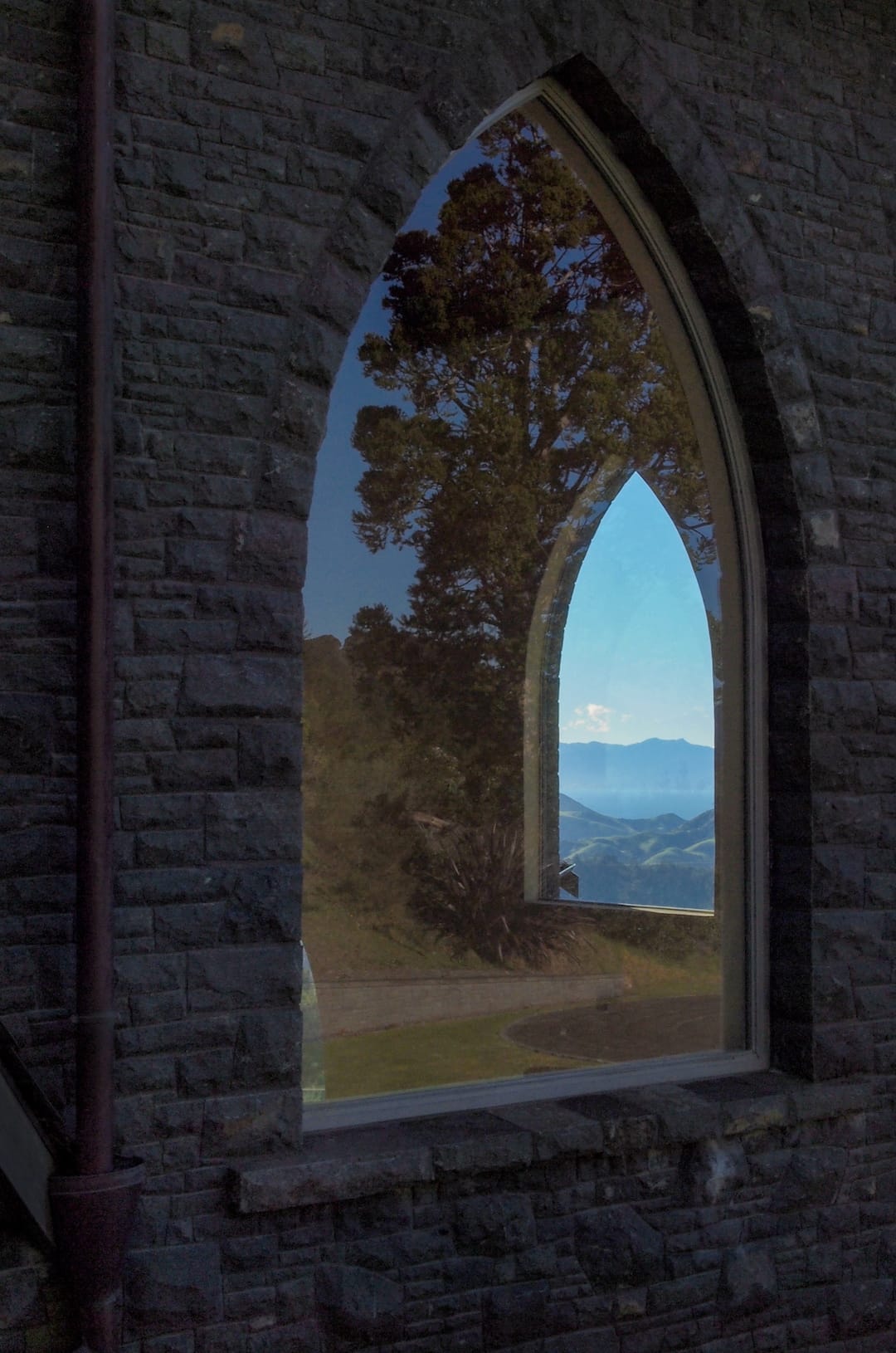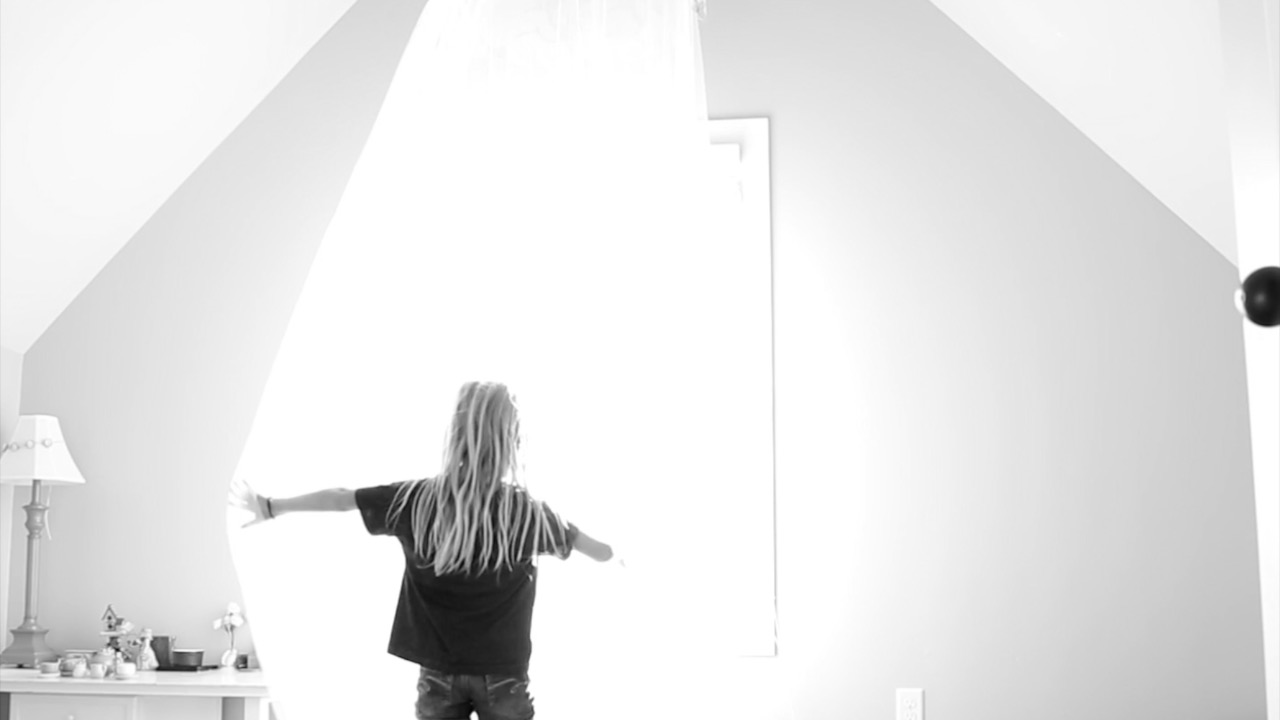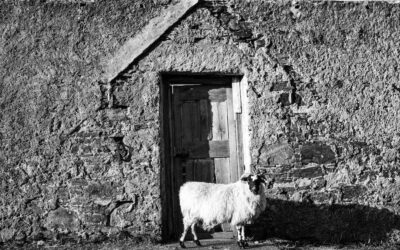It is ok to be not ok: Alain de Botton and James Corden
We have turned the world, more or less, upside down in five minutes —Alain de Botton
Read and watch this wonderful interview rediscovering vulnerability
The school of life
James: welcome. Our guest is a bestselling author, philosopher and the founder and chairman of ‘the school of life.’
He’s someone who, whenever I listen to him, makes me think about the world differently. He is the brilliant Alain de Botton with quite an optimistic take on what we’re going through.
Alain: In a way, it’s a silver lining rather than optimism. One of the great things about this time is we are rediscovering one another. Most of the time we are so busy we have such a front: all of us pretending to be this and that.
I’m loving the new vulnerability.
I’ve had so many conversations with people who were just able to be human in a way that very often they’re not the rest of the time. It’s such a gift, when a friend calls you up and they say how are you doing, if you’re able to just take them into the reality of your life, that is such a present that you’re giving them.
So many of us think I’m unusual, I’m so strange, other people are all having a great life, they’re having a great time but this is a time when there’s no more FOMO. There’s no fear of missing out, during the pandemic.
There’s no great party somewhere else. It’s all of us fragile, suffering, vulnerable humans trying to hold it together with, you know, sometimes frightening moments. In a way, the kind of pretenses of the normal world that we’ve put up and suffer from have kind of gone.
A lot of people say to me things like I’m feeling anxious, is it going to be okay? I always say if you really want to calm something down don’t always stress everything is going to be great and terrific. Look at some of the darkness in the face.
In the face
The stoic philosophers of ancient Greece and Rome were fantastic because rather than saying the bad stuff won’t happen they chose a different view—look at the bad stuff and see that it can be survived. We are all of us much stronger than we think. We always think: imagine if I couldn’t go out; imagine if this happened; or, that happened.
We’re in the middle of a crisis and broadly speaking, touchwood, most of us are still coping. Even if we’re not coping, not coping’s okay—it will make us stronger by revealing we don’t have to be perfect. These are not perfect days but we’re okay.
The brave face
James: I heard you’ve said that the brave face could be the biggest villain of this.
Alain: The brave face has always been a problem. Men have had it worse than women in this regard. It’s this idea that, in order to be a decent human being, you have to be an unafraid human being.
Most of us feel so weird because we have access to our own thoughts and fears and fragilities. We can only guess what’s going in other people’s minds, from what they tell us generally and they edit the information heavily. A lot of us think we’re weird because what’s going on in my head doesn’t seem to echo what’s seemingly going on in somebody else’s head.
We’re full of self-doubt, regret, shame but also we have longings for love. We want to be generous towards other people but life is stranger than we’re allowed to admit that it is and the great works of art, comedy, songs, they’re always able to stretch our idea of what is normal. Think of the best movies, they’re able to show what it’s like to be a parent to be in love, to go on a journey and they give us a real picture. Yet, so often we live inside these images—let’s use the crisis to be more honest about what it’s like to be human.
Facing emergency
Life is always an emergency. You don’t need a plague to be reminded we’re all suffering, we’re all afraid, we’re all going to die at some point.
Keeping those things right at the center of our compass helps us to maybe focus on the essentials. It’s so easy to get distracted, to imagine that others’ lives are shiny and perfect, they’re not.
Rediscovering connection
Read in 5 minutes 🙂 On this page:

Pictures from: the window for love in the time of corona

Destinies
James: but what do you say to people when they feel powerless in those feelings?
Alain: In modern society, we are supposed to be totally in charge of our destinies. The number one question that people will ask you is what do you do? You better have an impressive answer—you are your job and your performance in the marketplace, which makes for guilt because, on top of our financial worries, we’ve got our status worries. We feel people won’t like us unless we’re doing terrifically.
Not your fault
In a way, the silver lining of this time is, if things are not going terrifically for you and the economy is wobbling in lots of parts, it’s generally not your fault. We are not always responsible for whatever happens to us.
Your biography is not who you are and sometimes we can be terribly snobbish. What I mean by snobbish is we take a small part of what people are, what’s on their business card, how they have been doing this month, and that becomes the whole of who they are. it never is. We’re all far richer than merely our jobs and I think this crisis is forcing us, for better or for worse, to see each other in a far larger kind of context.
We are much more than the economy tells us we are. When the economies go mad we deserve to rediscover one another as human beings.
James: that’s what I was about to ask you about parenting and what do I say to my children when they’re going through these things.
Good enough
Alain: We’ve got this background idea that the only good parent is the perfect parent. Here’s the truth, if you are trying to be a perfect parent you are putting your child on a one-way road to psychosis.
No child needs a perfect parent. You know why? Because the world is imperfect and, ultimately, the job of being a parent is to prepare your child for what the world is actually like.
If you prepare your child for an idea that the world is perfect and you as the parental representative is some superhuman being you’re doing them a disservice. They’re going to have a terrific crash with reality and it’s going to be grim. Much better they meet the disappointment of life through you an ordinary, flawed but loving and gentle soul as the average parent is.
That is how you’re preparing your kid for reality—ditch the perfection and just reveal yourself to your own child as a loving, hard-working but ultimately human being.
That is the much greater gift than trying to be a perfect mom or dad. No one needs a perfect mom or dad. They only need a good enough mom or dad, that’s all we ever need.
Fault and good enough
On this page:

I advise me
James: how do you cultivate these very thoughts that you’re sharing with us now?
Alain: I think that all of us have got a little voice of common sense inside us but we don’t let it emerge. We know how to be a great friend to other people but, very often, we don’t speak as friends to ourselves. If most of us saw how we treat ourselves, you know, we’re cruel to ourselves.
We’re so kind when a friend calls up saying, how can you help me but with ourselves we’re quite mean.
I think one of the great lessons of life is becoming a friend to yourself—how would I advise me?
A good answer
I have a good answer. Apply this to the person who really matters to you, which is you.
It’s so ironic that we don’t know how to apply the generosity and the minimum of compassion that we show to strangers and ourselves. More than any other, be a friend to yourself, show yourself the tolerance you know others deserve. You deserve it too.
James: what do you hope we hang on to?
We can change things in an afternoon
Alain: So often in life, there are great ideas that people don’t put into motion. When you say why don’t you put that idea into motion they
go: it’s never been done before; this is just the way we always do it; it would be too difficult to change.
We have turned the world, more or less, upside down in five weeks. Traditions that were steady for 300 years have been changed in an afternoon. Some of these things have been difficult for people, but others have been glorious revolutions.
What we most need to take away from this crisis is we can change things. We can change things not over ten years but over, like, an afternoon.
We can radically change how we live and be imaginative and courageous. It doesn’t have to be perfect the way we redesign things, but we can play, we can experiment, we can try to make life the more fulfilling and exciting and the genuinely joyful things that we know in our hearts we all want.
So often we’re held back by tradition. Let’s throw the bad traditions out of the window and try and be ambitious about how we want to live.
Afternoon transformations
On this page:

Love-obsessed
James: do you think, at this time, we are better able to see each other?
Alain: Totally. I mean why do most people want to be famous? Is it because they want large houses? No, it’s much more poignant and universal. Most people just want people to notice and be kind to them.
At the moment, famous people are having to be ordinary people. That provides everyone with a kind of opening because what we’re realizing is it wasn’t the fame that people want, it’s the respect, the regard, the chat, just acknowledging somebody else’s humanity.
Romantic
We talk so much about romantic love, we’re a romantic love-obsessed society. But, we don’t necessarily need romantic love. All we need is the love that occurs in a very simple and natural way when two people, two strangers, might exchange a pleasant word in a supermarket or might give each other a friendly glance, acknowledge each other’s humanity. Ultimately that is the only love we need and the only fame we need.
Let’s do away with that endless focus on one very, very special person you get on with perfectly and everything is going to be hunky-dory with. No. Let’s try and rediscover friendship, an age of friendship, love within the concept of friendship.
Think of two people on a date saying I have been friend-zoned, this person only wanted to be friends. Friends are a glorious thing. We can’t go out and head off to a romantic weekend, we’re all separated, but we’re rediscovering words and connection and that’s the most beautiful of all things.
James: I’m so grateful to you, coming to talk to us tonight.
I urge everybody at home to go and search out any of Alain’s work over the past few years. You can go to theschooloflife.com.
Love and friendship
On this page:

Resources
Links
This story is and edited version of James Corden’s interview with Alain de Botton. The full interview is embedded above > or on youtube here >
Pictures, a window onto sunrise by Michael S., children in doorway by Robert Williams, a girl leaving through the curtains by Malcolm King-Fontana. Others are by Festina Lentívaldi, (be) Benevolution. Reuse: Creative Commons BY-NC 3.0 US (except video screenshots).
See more about these pictures and submit your windows here >
For more stories, articles and videos on transformation see the visual index on this page >
Marianne Williamson
On faith in us and silver linings
1 Comment
Subscribe
Get the newsletter (story summary).
Recent posts
Coming home
We belong to and are of the Earth but we bypass our sense of belonging. I missed this leaving home and my story mirrors our larger, human-wide journey. What do I need to come home?
Soulprint: Peak nature
Extraordinary: a paradigm shift by 147 governments and the UN endorsing “humans and nature are spiritually connected.” Invitation: to build on this for yourself and all of us.
We are in a portal
I’ve a deep knowing: we humans have shifted. That’s disorienting so here’s 3 handrails to help: this is sourced in bliss; lubricated by peak oil; agreed by UN & 147 nations; and, all with dragonflies!


beautifully helpful